Introducing the Next Generation of Racism Scholars
Monica Gutierrez, Rae Anne Martinez, Brooke StaleyThis is the first in a 3-part series highlighting scholars from the 6th Annual RacismLab Symposium.
Introducing the student presenters at the 2021 RacismLab Symposium: Brittney Butler & Alana Keller
This year, IAPHS partnered with the University of Michigan’s RacismLab to bring their annual symposium on structural racism to the national stage. On February 24th, 2021, over 900 individuals registered to hear keynote speaker Dr. Eduardo Bonilla-Silva, panelists, and poster presenters discussed the “toxic equilibrium” of structural racism and its influences on health. If you are an IAPHS member, you can view the full symposium recording via the IAPHS Resource Library.
Strikingly, the majority of the presenters were doctoral students! We spoke with a few of them to learn more about their journey as population health scholars focused on racism and equity. First, we spoke with Alana Keller, Psychology PhD student at Wayne State University, and Brittney Butler, Epidemiology PhD candidate at The Ohio State University. To learn more about their work in population health, visit the RacismLab website.
Thinking about your life and professional experiences, how did you obtain a knowledge-base specific to equity and public health issues?
[Keller] As cliché as it sounds, I think my family really laid the foundational groundwork to even be aware of equity and public health issues. Growing up, my parents and grandparents would have conversations with me about these issues. In particular, I think being faced with all manner of -isms in middle and high school made me a lot more intentional about dedicating time to reading. Being two years younger than Trayvon Martin when he was murdered, watching the Ferguson protests, watching Flint’s residents being poisoned, and so many other events all while I was in grade school made me want to know more.
[Butler] My life experiences really sparked my interest in public health. I have always been interested in pregnancy outcomes for Black women. I remember taking a sociology and public health class my senior year in college and realizing that public health, not medicine, was really what I was interested in. I started to think differently about my own life experiences and how they were embedded within a large system of inequity and how it could have impacted the health of my family and friends. As a child of immigrants, I experienced and navigated anti-Black racism and colonialism in the U.S. through a unique lens which has helped me examine how racism impacts health. The Robert Wood Johnson Foundation’s Health Policy Research Scholars Program has also really revolutionized how I think about what equity means and what can be done to create equitable solutions in research, policy, and practice.
What is one thing you wish your peers, community, or everyone knew about structural racism?
[Butler] Anti-Black structural racism impacts everything and everyone. It shapes how we think about and treat ourselves and others. We could really change the health of populations by addressing structural racism because of how pervasive it is for so many families and their experiences.
[Keller] Diversity statements without intentional actions behind them don’t mean much to those who are still experiencing oppression.
Is there one paper, book, essay, etc., that you would recommend to other burgeoning public health scholars interested in structural racism?
[Butler] Sewell, A. A. (2016). The racism-race reification process: A mesolevel political economic framework for understanding racial health disparities. Sociology of Race and Ethnicity, 2(4), 402-432.
[Keller] “Mapping the margins: Intersectionality, identity politics, and violence against women of color” by Kimberlé Crenshaw. Truly required reading!
What are some healthy habits you have adopted to remain centered so you can continue this critical work?
[Keller] Pre-COVID, I took time out to listen to music and dance every day. When quarantine started, I got into hobbies that I wanted to do as a kid. So now I sew and do my own nails!
[Butler] I meditate and walk every morning to really center myself and my mind to be able to manage the many emotions that come up while we think about these very stressful and harmful systems.
Is there anything else you would like to add to the conversation around structural racism and population health inequities in America?
[Butler] Anti-Black structural racism will continue to detrimentally impact health outcomes for Black people unless we really tease apart the oppressive policies and underlying practices used to create health inequities.
And, now for a non-scholarly nugget…
COVID has put a pause on many of our everyday activities. So, if you could choose to do anything for a day, what would it be?
[Keller] If I could do anything for a day, I would love to go to the mall. Online shopping doesn’t cut it! There’s nothing like wandering around the mall, maybe finding a sale you didn’t know about, getting some unhealthy mall food, and finally walking, satisfied, to your car. Ugh. I miss it.
You are suddenly able to go to a 24-hour diner with the person you’ve missed the most in quarantine. The menu is eighteen pages long, and you’re starving. Who do you invite? What do you order?
[Butler] I would go with my best friend Ruth, who I have not been able to see in over a year. Since this is a Jamaican diner (lol), we are ordering for the table: curry goat, oxtails, rice and peas, cabbage, banana, plantains, and two Kola Champagne.
Thanks to Brittney and Alana for speaking with us!

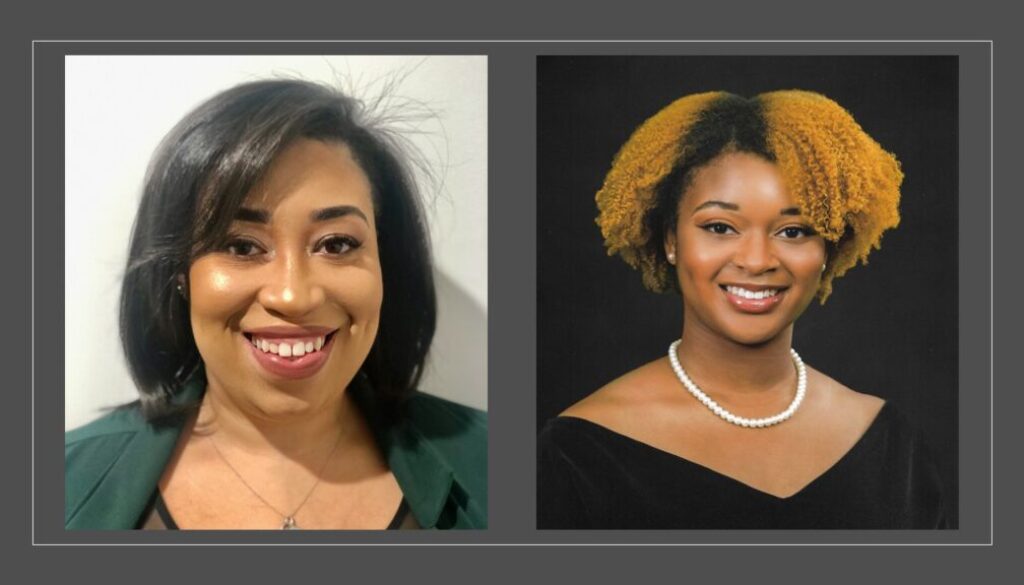
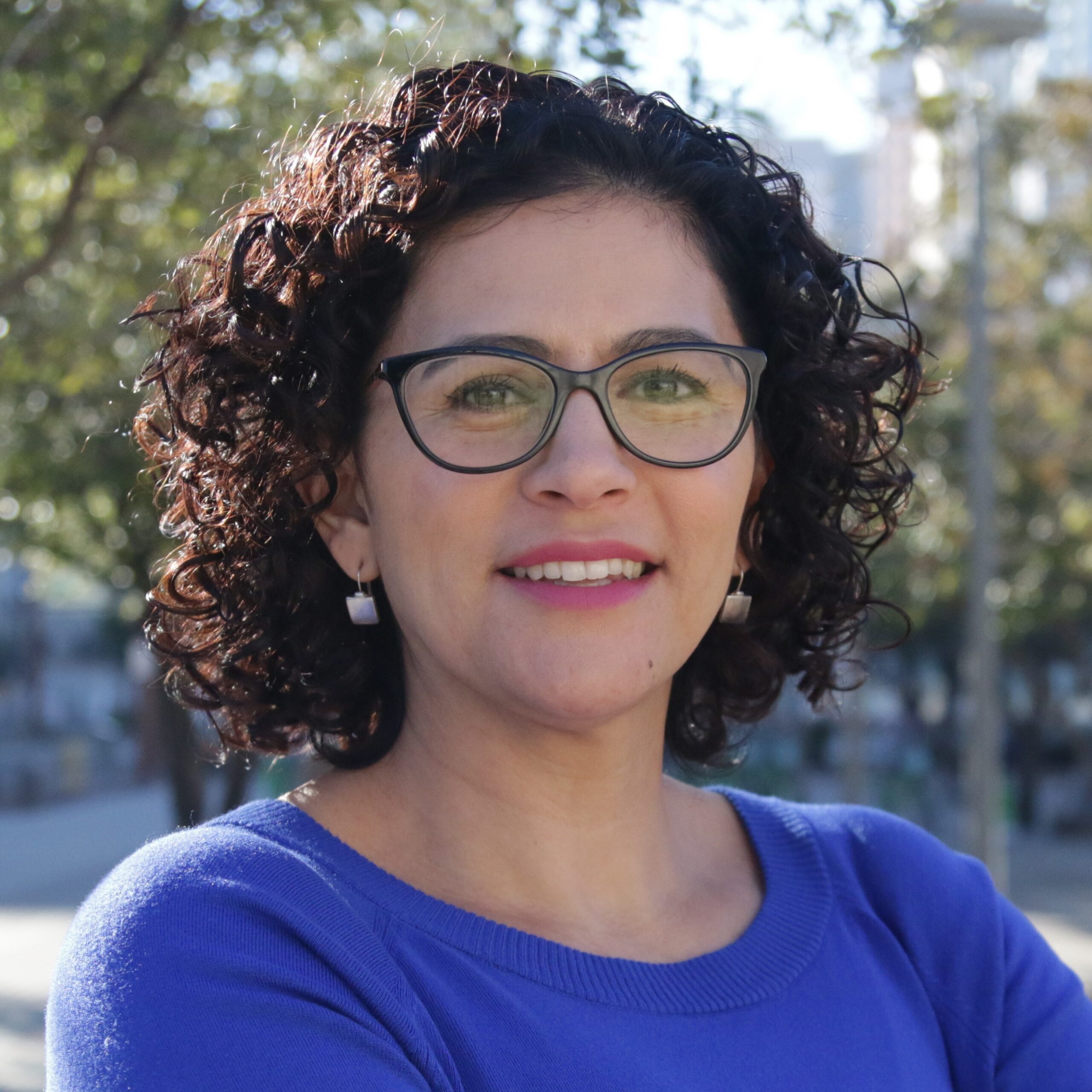
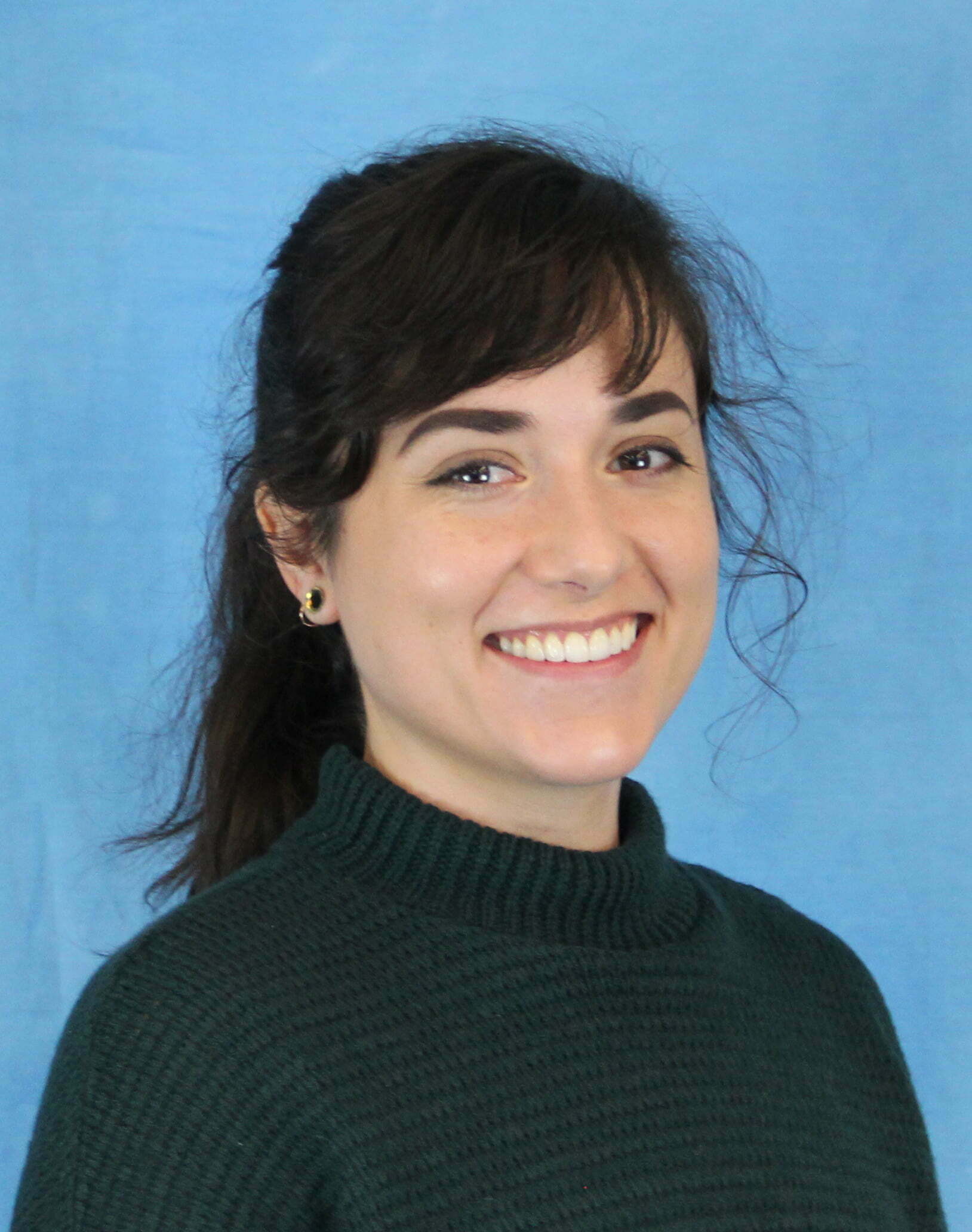
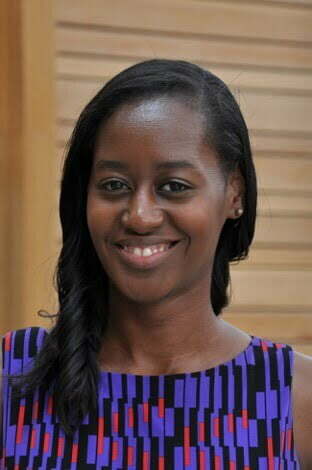
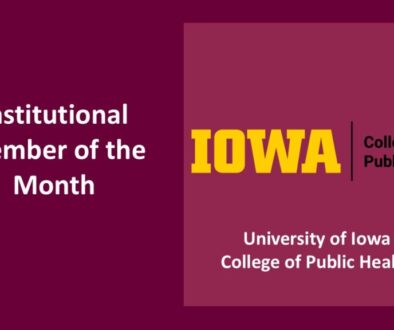
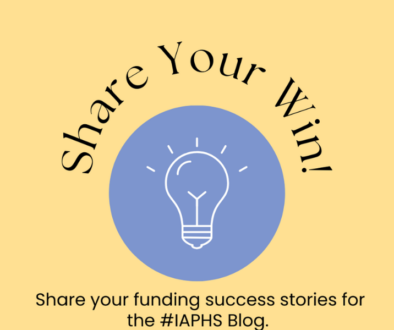

All comments will be reviewed and posted if substantive and of general interest to IAPHS readers.